Ever heard of Pandora? A question you could be asking in the future when American’s largest Internet radio service no longer exists. A strange idea in an era where the power of the internet has transformed the way we do business and our everyday lives. In a nutshell, Pandora is a free online radio service that allows subscribers to personalize their own “station” by artist, genre or other musical preference. Pandora then creates a playlist of songs in that stripe, perhaps exposing the user to artists who don’t normally get play on traditional AM/FM stations.
The everyday lives of 60 million Americans who listen to Pandora may lose this innovative service and the many clones of Pandora endeavoring to turn their venture into one of profitability. And herein lies a big conflict, originally created by government and now seemingly needing to be corrected by Congress. That’s a problem within a problem, surrounded by a problem, run by three branches of problems.
Pandora’s CEO addressed lawmakers in 2012, bringing attention to an antiquated law and example of the power of lobbyist and small interest groups over the interest of consumers, rights, fairness, and business owners. Essentially, once again Congress used its power of legislation to pick industry winners and manipulate the failure of others. Lawmakers already know the current law is flawed and now the question is will they intervene to correct the ill effects of it?
“Music Licensing Part One,” the opening title of Joe Kennedy, CEO, of Pandora, on his November 28, 2012, statement before Chairman Goodlatte and Members of the Committee on Judiciary Subcommittee on Intellectual Property, Competition and the Internet leaves one hoping he plans to return to Capitol Hill and convince lawmakers to right a long standing wrong: Current law imposes an inequity on internet radio which directly disadvantages it compared to other broadcasters of digital music and gives satellite and cable radio an economic benefit by regulating and fixing a different standard for royalty rates for the internet radio service providers.
The royalty rates for internet radio are established by special copyright judges sitting on the Copyright Royalty Board (CRB), part of the Library of Congress. The Librarian of Congress appoints each Judge. Under the current law’s unique calculation, which does not require consideration of market forces, radio internet servers pay 6 times more for using music than competitors such as satellite and cable. The proposed Internet Radio Fairness Act (IRFA) would require CRB judges have a level of experience that pertains to their duties, be nominated by the President and confirmed by the Senate, and follow the same procedures of other courts follow.
Ironically (yet hardly surprising) the most democratic and inclusive form of radio, suffers from a very nondemocratic problem – government price fixing. Internet radio playing music of 100,000 different artists (70% of them independent) represented by a catalogue of over a million songs across over 400 genres, and 95% of those songs-over 950,000 unique songs play every month on Pandora. Listeners can access and Internet radio services the same way as other forms of radio, including 8 automakers’ new models and through 650 consumer electronics. In fact, over 75% of Internet radio is delivered off various computers, tablets or smartphone devices.
Demonstrating Internet radio is a viable business model that could thrive if Congress acts to level the playing field. In 2012, Pandora accounted for only 7% of U.S. radio listening, yet paid almost a quarter of a million dollars–more that 50% of revenue. By contest, satellite radio and cable will pay approximately 7.5% and 15% of revenue, respectively. In fact, Pandora will pay more in sound recording performance royalties in absolute dollars than all of AM/FM, satellite, and Internet radio industries in UK, France, Canada and Australia–combined. That’s crazy.
A comprehensive and permanent fix is under consideration. Lawmakers are being called upon to stop the discrimination against Internet and Internet radio service by passing the Internet Radio Fairness Act (IRFA) which would correct two inequities in the law: First, unfair rate setting standard that applies only to Internet radio, not to cable or satellite radio, or to record companies when they obtain license for musical works from songwriters; and secondly an unfair process that deviates from how our Federal court system works and prevents a royalty judge from reviewing all relevant evidence when determining Internet radio rates.
IRFA will remove barriers to innovation, enable new web casters and job creation, expand broadcast in digital markets so artists can obtain broader exposure and more compensation, and afford consumers more ways to hear and buy digital music choices. The future of music listening may be determined by acts of Congress and you. Your support for the Internet Radio Fairness Act (IRFA) and the support of like-minded lawmakers would afford an opportunity for fair and equitable treatment of Internet radio and artists through uniform standards of pricing royalties. Most importantly, innovation will expand and individual choice will prevail.
Cross Posted at JoeForAmerica.com


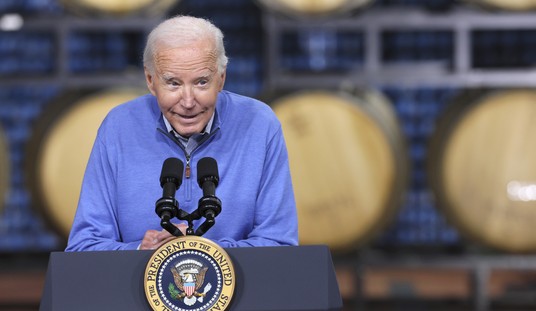


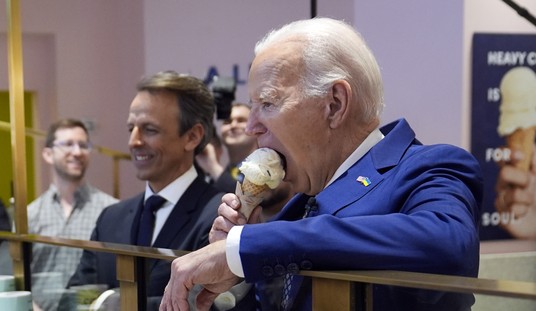

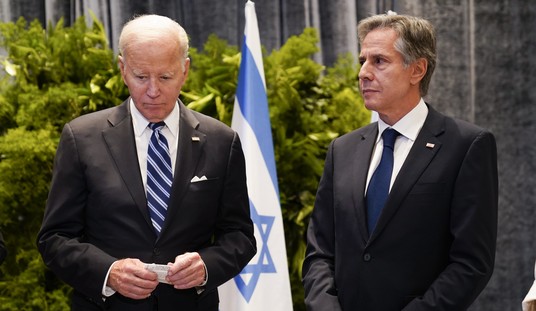



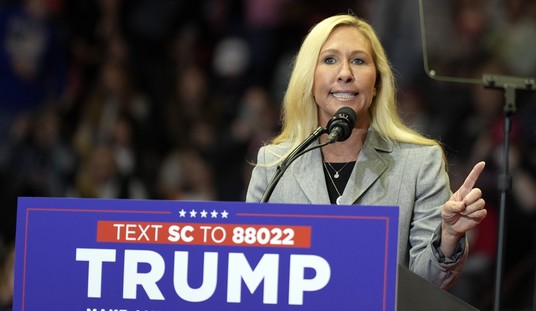

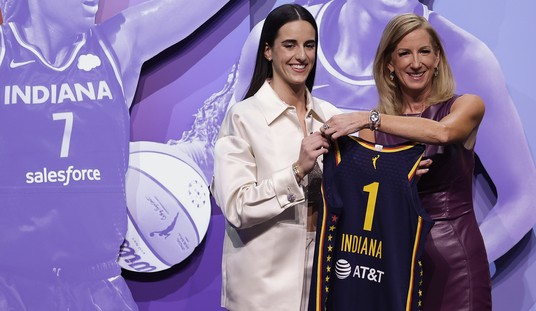
Join the conversation as a VIP Member